Twitter is one of the chief tools every organization can use to connect and engage with the public. It’s designed for short interactions and long-term relationships alike, and nonprofits can use this in incredible ways to build community and awareness.
The lifeline of a social media account is its followers, and there are a host of simple ways to expand your organization’s reach and consequent following. Compiling research and data from Twitter statistics and experts who have successfully utilized the system, here are the top five things to consider as you attract more Twitter followers for your nonprofit.
Profile
Every organization wants to be seen, heard, and accepted by as many people as possible, but it’s essential to create your profile with the core values of your specific organization in mind. Not many people are interested by a profile that looks robotic or generic, especially when it comes to nonprofits.
To start, catch your audience’s eye with a bold profile photo: this can be a clear face-shot of a key member of your organization, or, ideally, a fantastic logo. Then choose a header image that captures the heart of your nonprofit. That might mean a stylized mission statement, an interesting image of the work you do, or a landscape of an area where you operate. Whatever you select should show a visitor where your passions lie.
Your profile’s bio is the third key element of a user’s first impression, so be succinct but informational. If you think of one, throw in a phrase that captures the unique charm of your nonprofit. Make sure to leave out offensive language, but there’s no need for your bio to seem computer-generated.
Activity
Studies show that the ideal number of posts per day is between three and seven. When accounts post too much all at once, flooding feeds, followers can get overwhelmed and hit that dreaded Unfollow button. On the other end, accounts without a daily presence can seem dry and uninteresting. This guideline allows you to remain consistently visible to your followers without making them feel spammed.
Other keys to keep in mind are the time of day and day of the week. For all accounts, especially nonprofits, weekend posts tend to yield the least amount of activity, while posting early on weekdays gains the greatest number of responses. A study by Sprout Social puts Wednesday morning at 7 am as the ideal time for nonprofit engagement.
If your organization does not have someone to focus solely on internet presence, using social media management software could give you the time and simplicity you need. Most of these programs include the tools to schedule tweets ahead of time, allowing you to post at just the right moments and giving you a break from manually tweeting.
Content
The content you create and retweet is the most important aspect of your Twitter presence. The articles you share, the images you post, and the quotes you pass on are the soul of your organization’s account, the stuff your followers will stick around for.
Pictures and videos are ideal when it comes to filling up your feed. They keep people engaged and interested and give your audience a great idea of what your organization is up to. Throwing in fun (but relevant) gifs and memes between more strictly informational posts is a great way to keep your feed enjoyable and interesting. When creating your own posts, remember that the perfect ratio for your pictures is around 2:1 with a maximum file size of 5MB. This will ensure that your photos show up full and clear on both desktop and mobile sites and make involved followers more likely to retweet them.
As you do some scrolling of your own, share posts from related businesses and influencers who hold your passions. Not all of your content has to be self-generated: articles and blog posts from other users can also tell your followers what you care about. To increase presence when retweeting, add personal responses and tag the original posters.
To make sure your content is found, add a small number of hashtags to each post. You can include them in the body of your text or slide them in at the end, but use words that are both searchable and relevant to your topics.
Interaction
Engagement with the online community is essential to developing your nonprofit’s presence. Tagging original posters in your retweets is a start, but there are also a plethora of other ways to connect.
One fantastic form of interaction can come through polls. People love to share their opinions! Check what’s trending and ask your followers their thoughts. Keeping things both fun and on-topic will increase your engagement and can produce both meaningful and light-hearted connections with your community.
Tagging and getting tagged are two important things to keep track of. Don’t be afraid to reach out to brands and users you support, tagging them in posts and shout-outs. Let your allies know what you like about their style, and chances are they may return the favor. Though you may choose to use management software to schedule your posts, be sure to have notifications on for when other accounts reach out to you. Replying quickly will show them your desire to be involved.
Integration
If your nonprofit has been around for any time at all, chances are you have a website, Facebook page, and maybe even a blog. That means you don’t have to start from scratch when you build a base. You can easily add Twitter links to all of your existing sites, and your blog posts can make simple, relevant tweets. Feel free to cross-advertise a bit, letting your Facebook followers know about your Twitter and vice versa. Any of your existing supporters will likely jump at the chance to keep up via Twitter, and followers bring more followers!
Gaining a bigger Twitter following can be a slow process, but these five things should send you well on your way to providing an attractive atmosphere to the Twitter community. Don’t be discouraged if your profile doesn’t grow by the thousands immediately: keep posting creative content, keep connecting with those who share your ideals, and people are bound to fall in love with your nonprofit!
.svg)

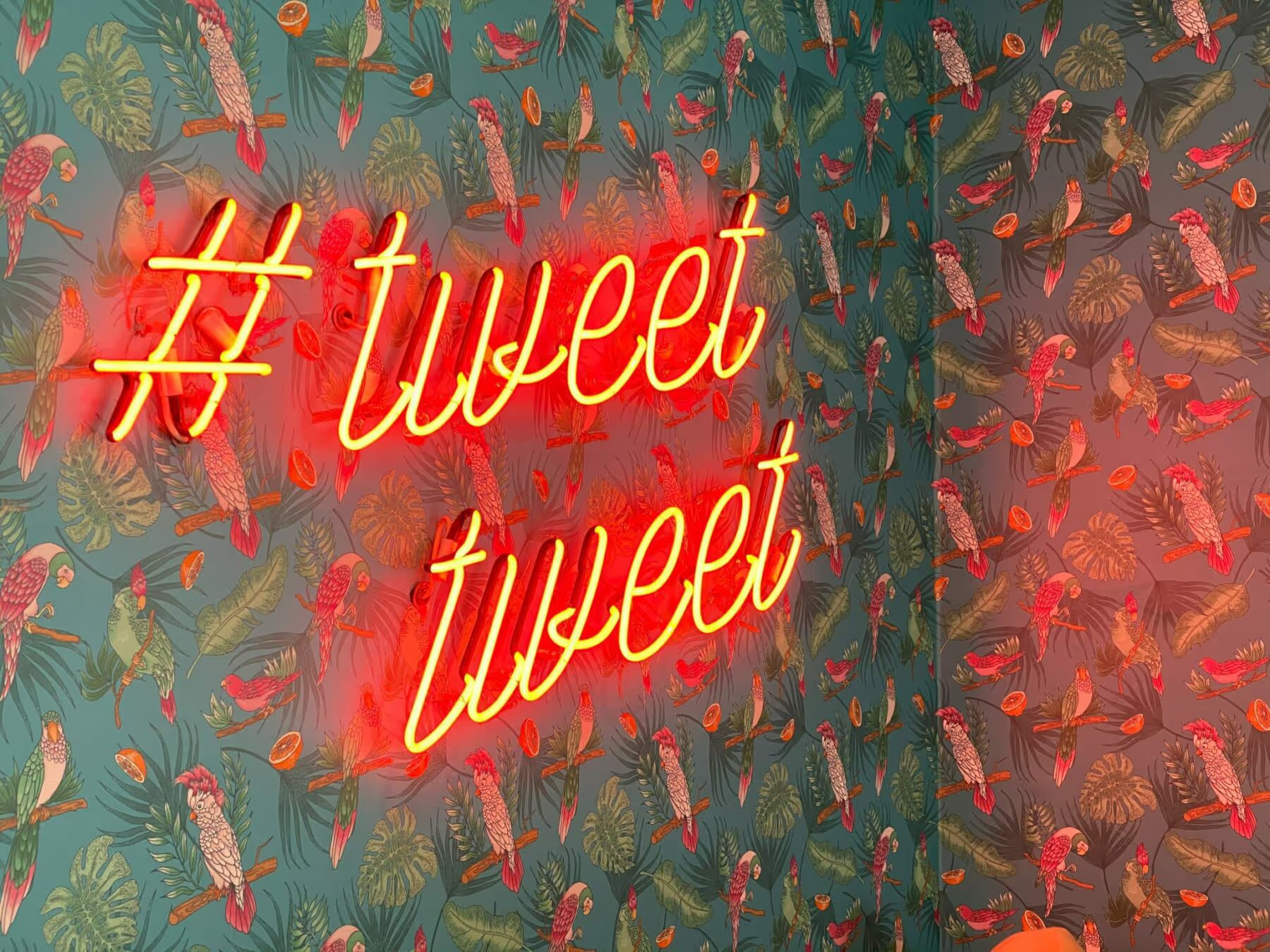
.svg)
.svg)
.svg)

.avif)

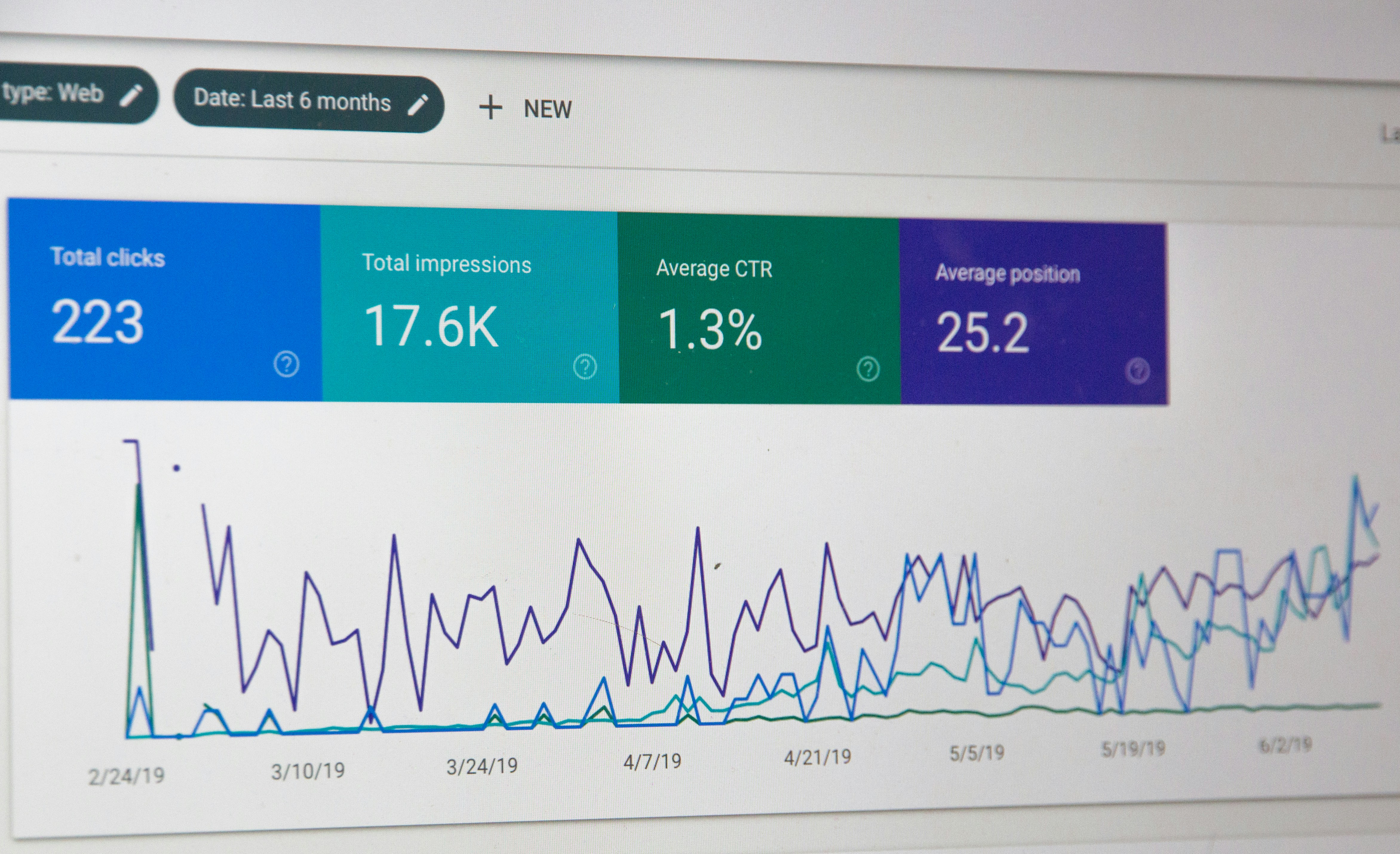



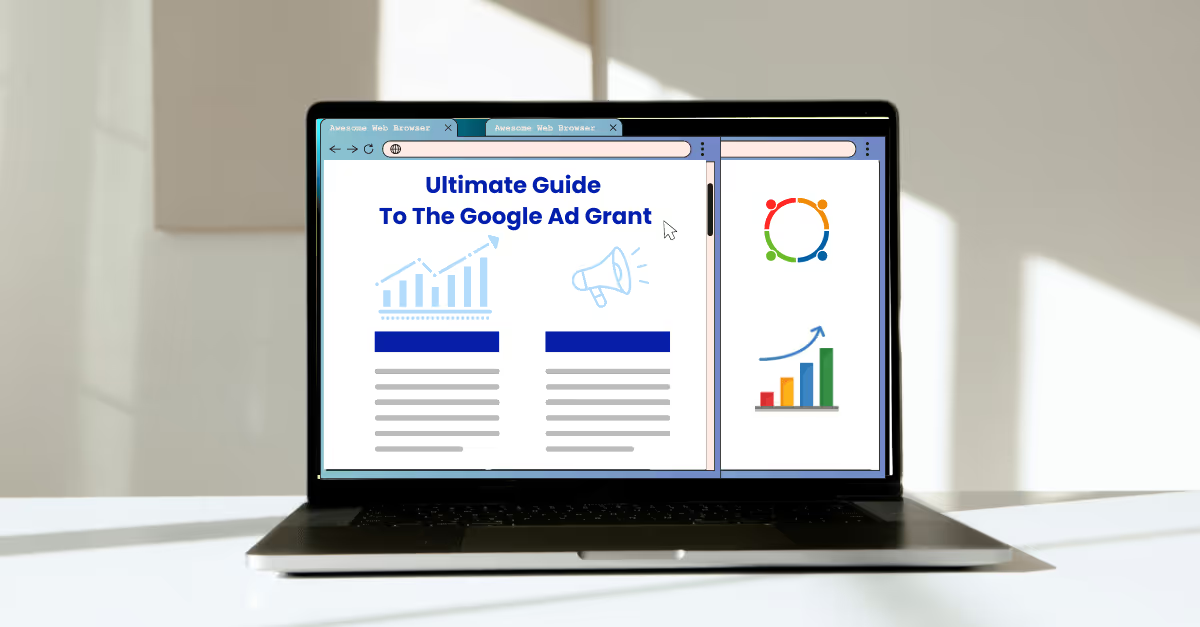


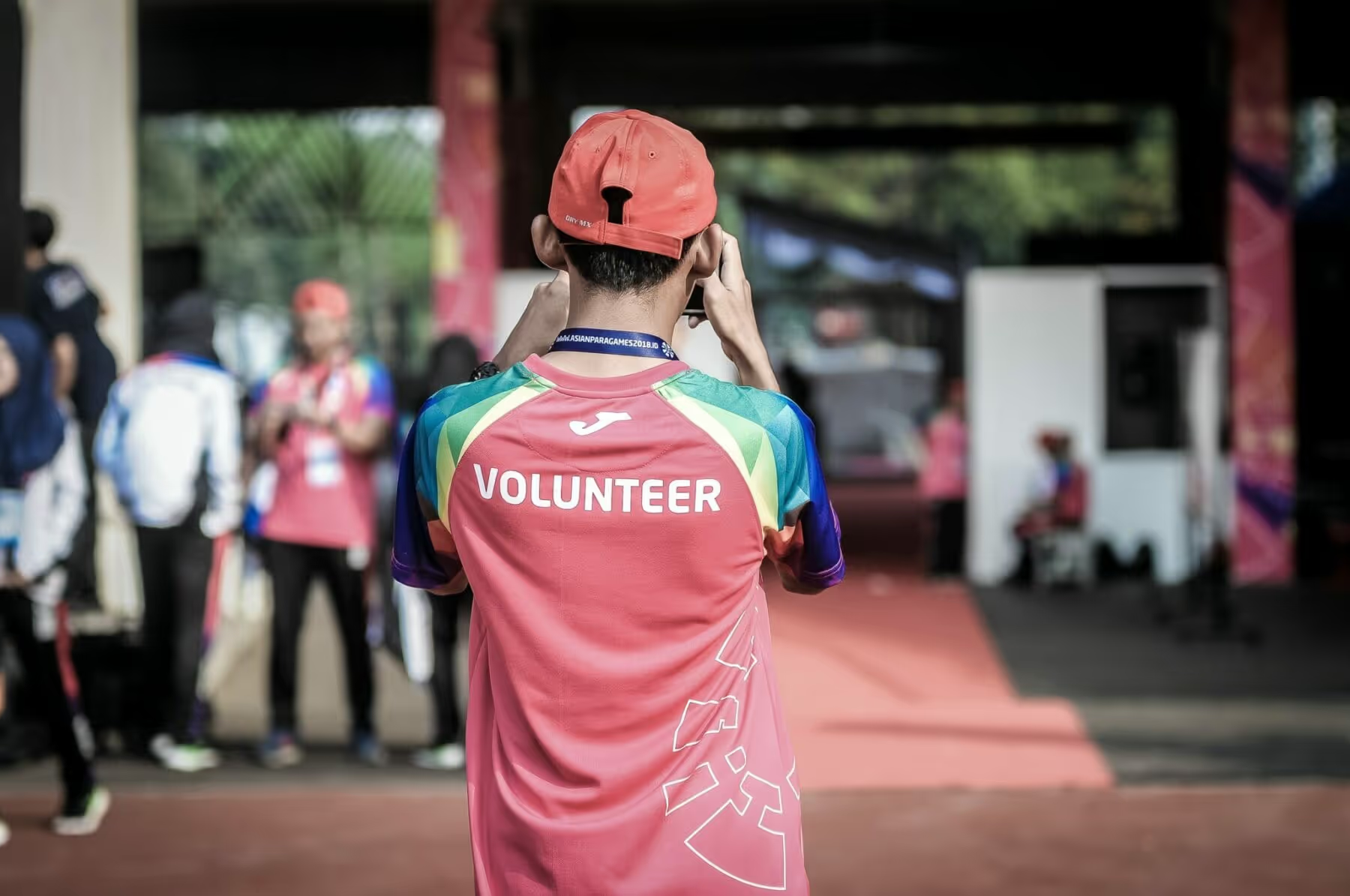





















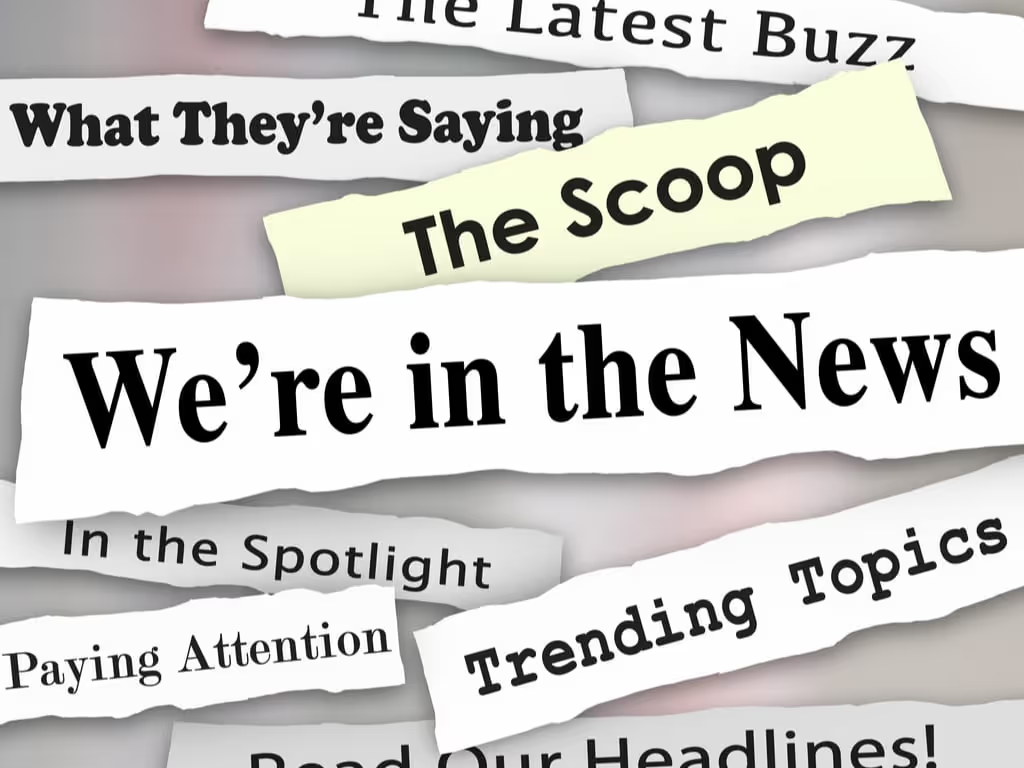


















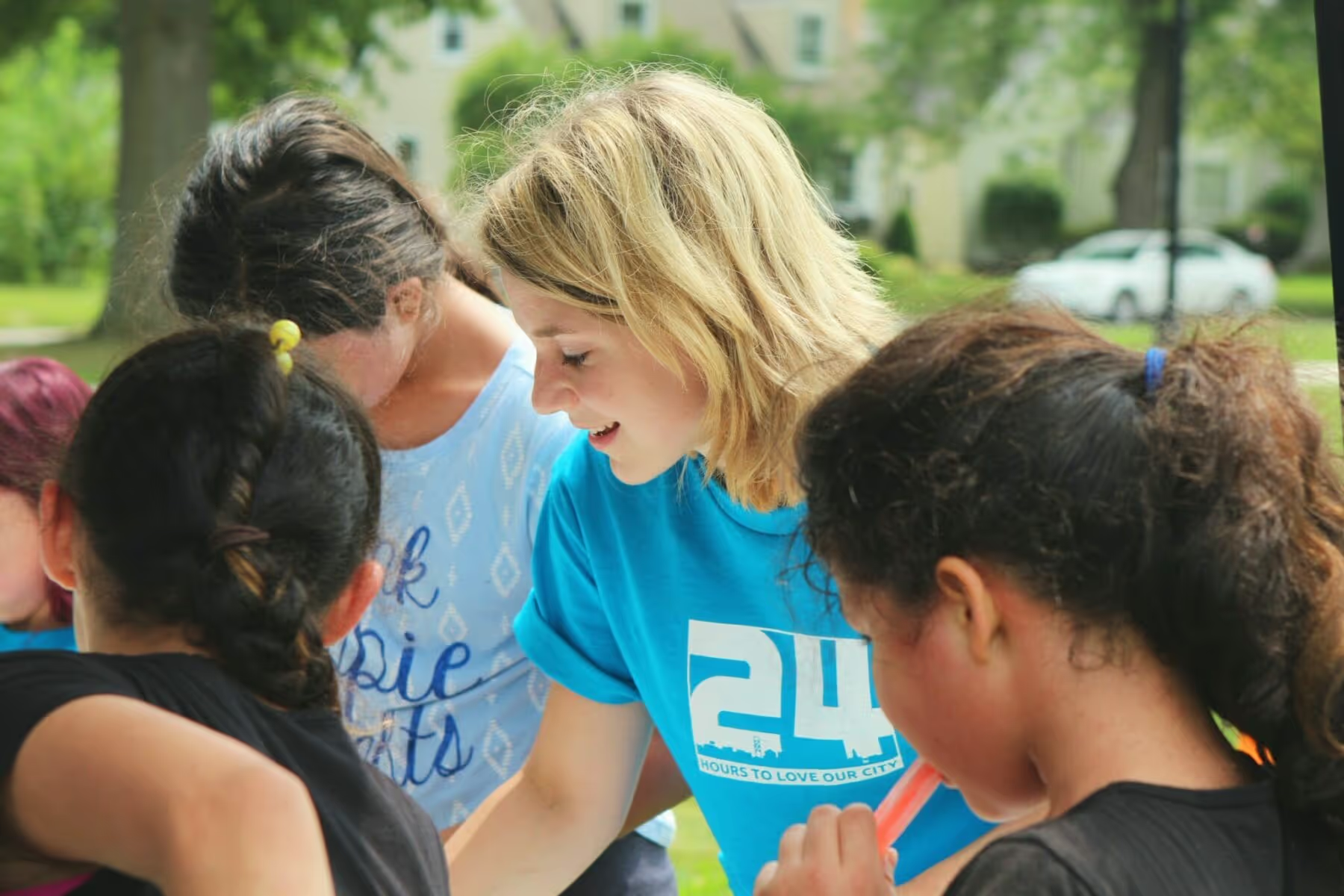






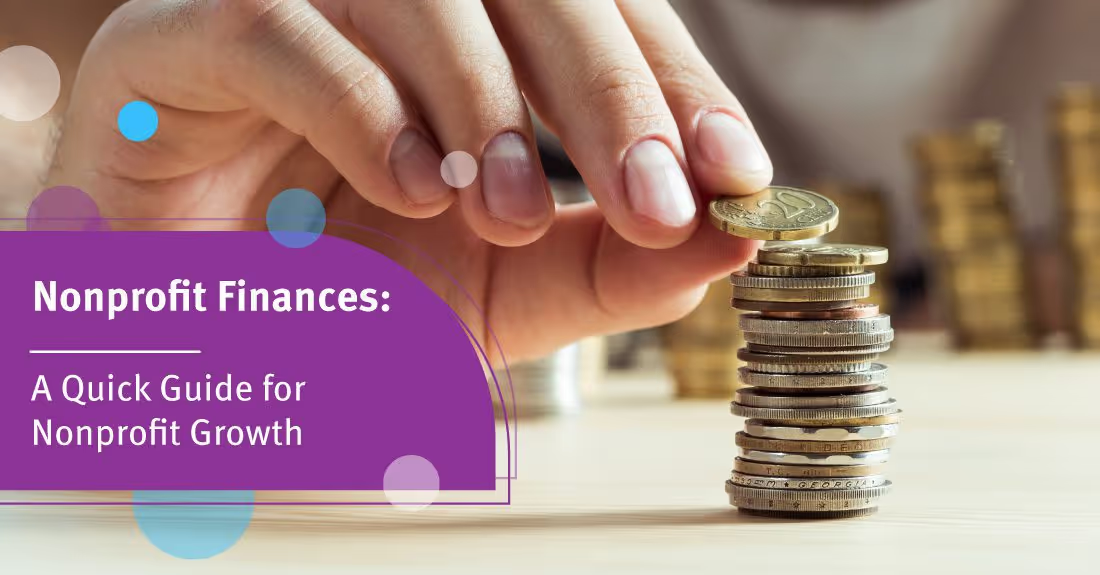
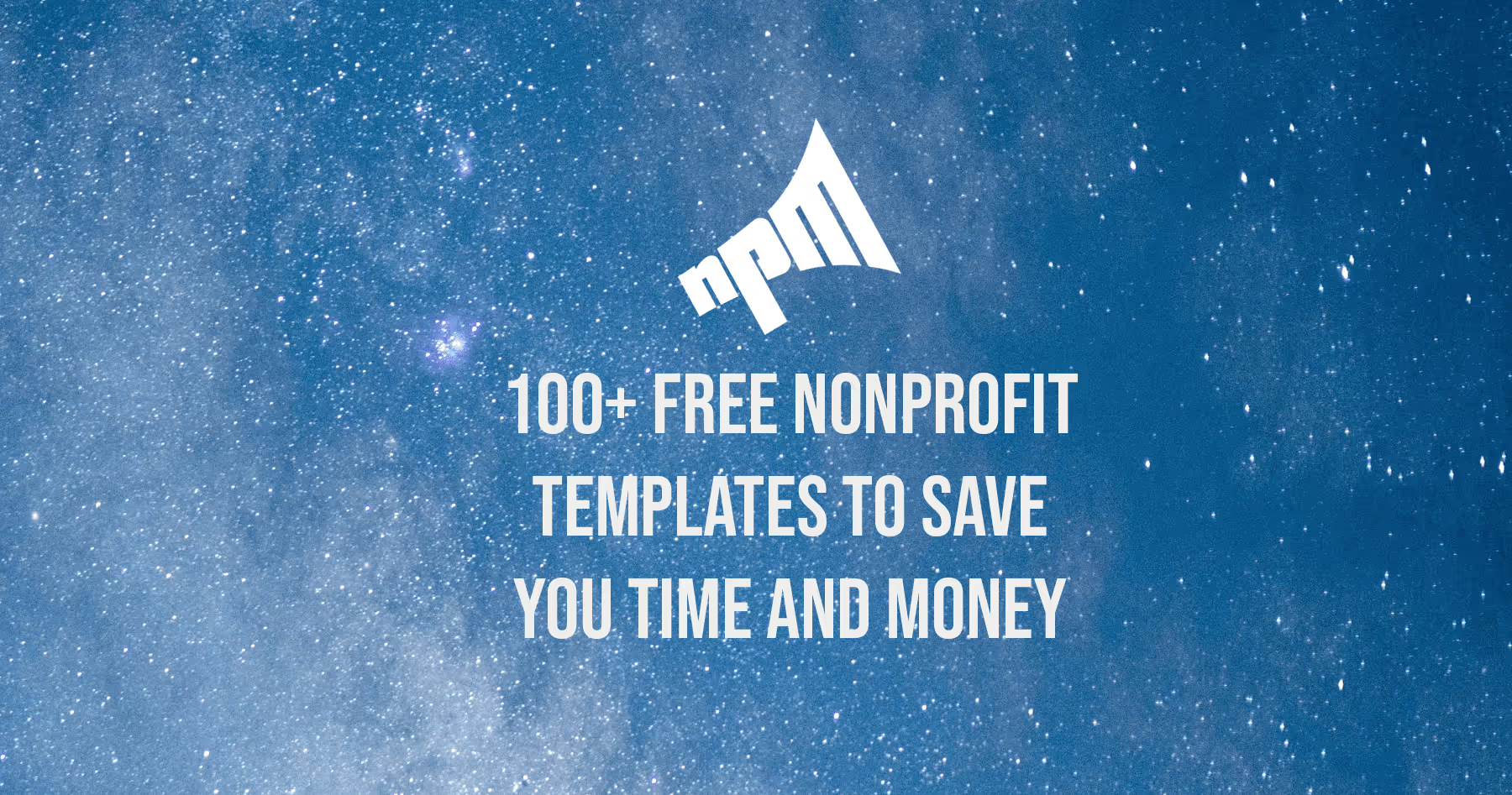




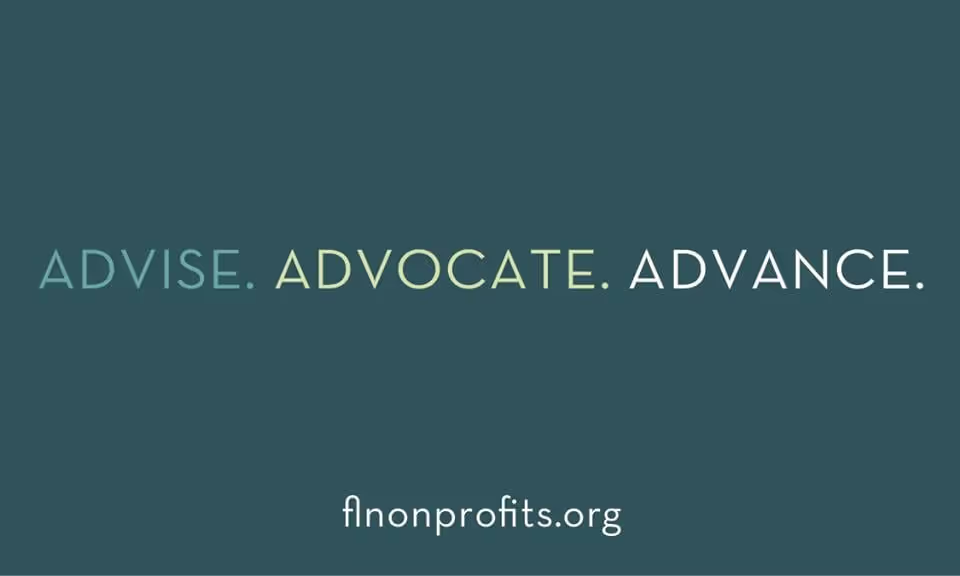
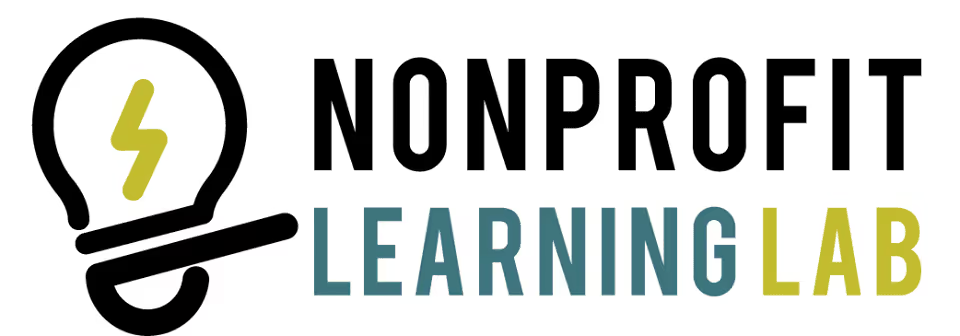









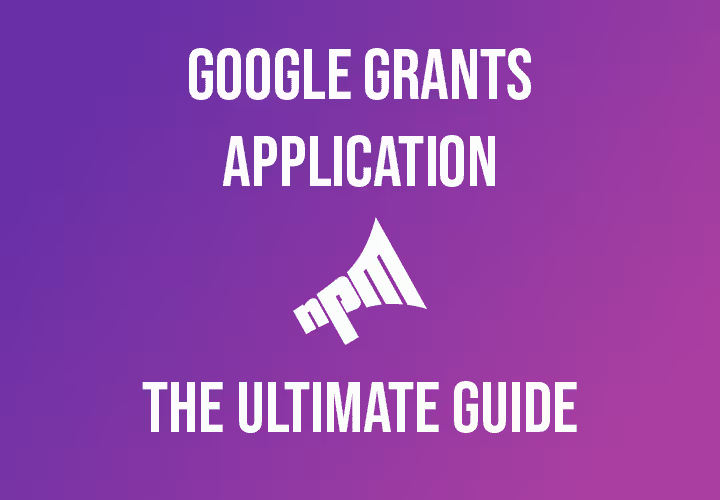











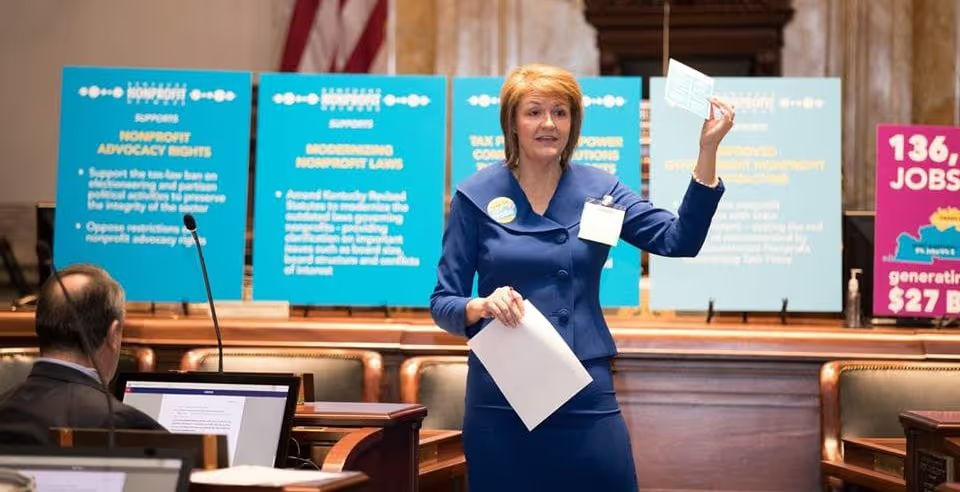












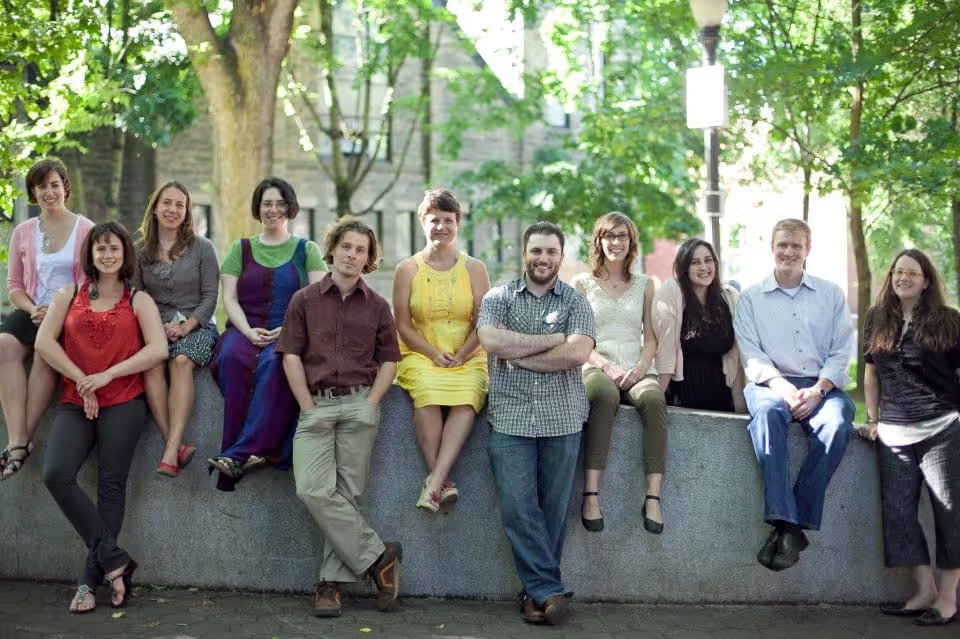




.svg)
.svg)
.svg)
.svg)